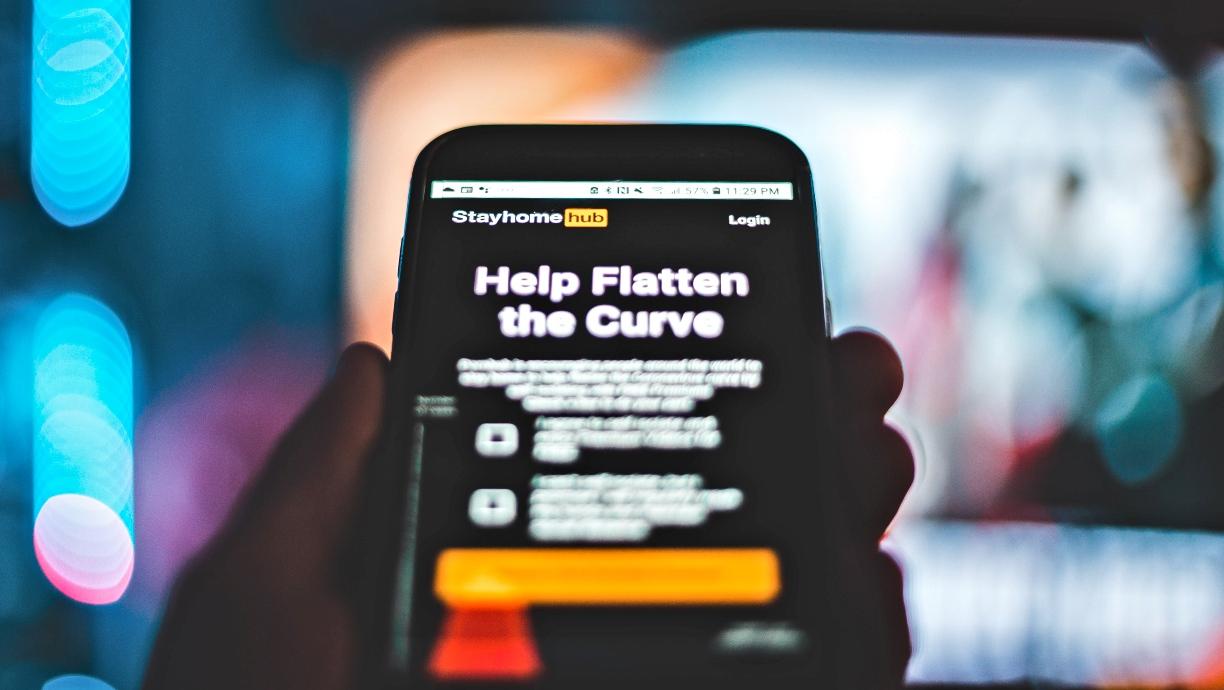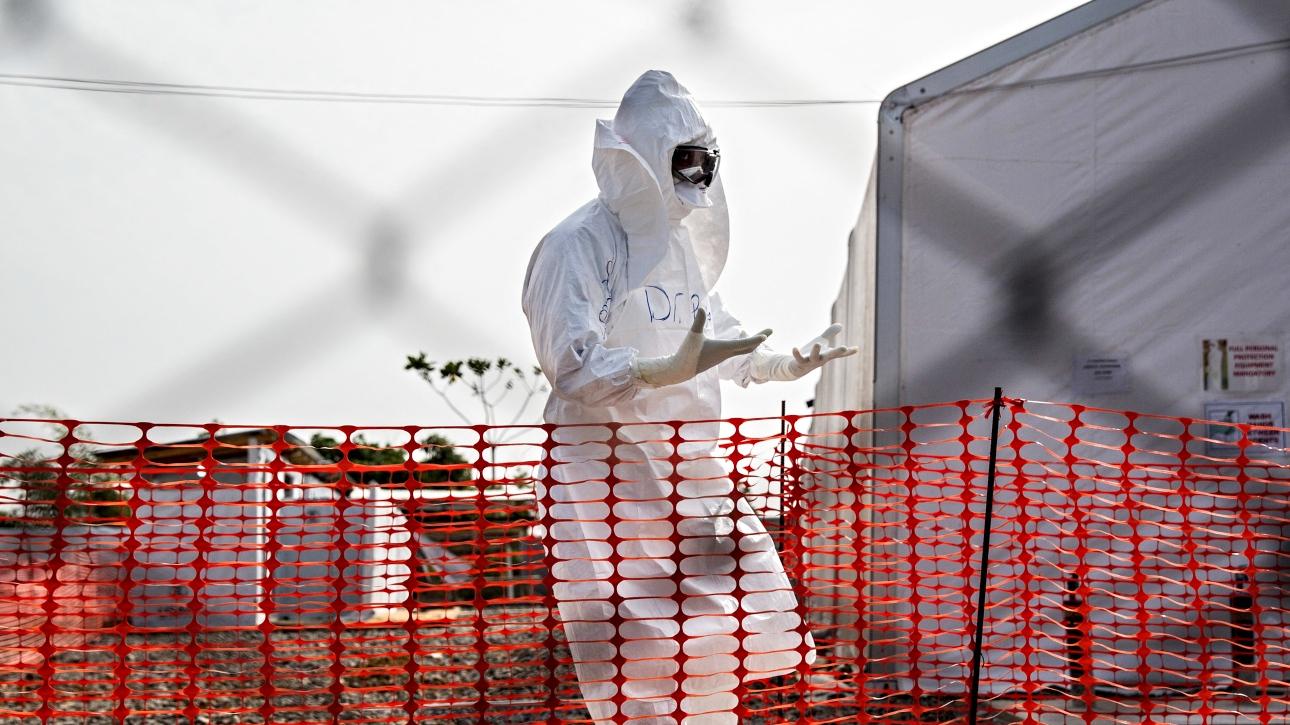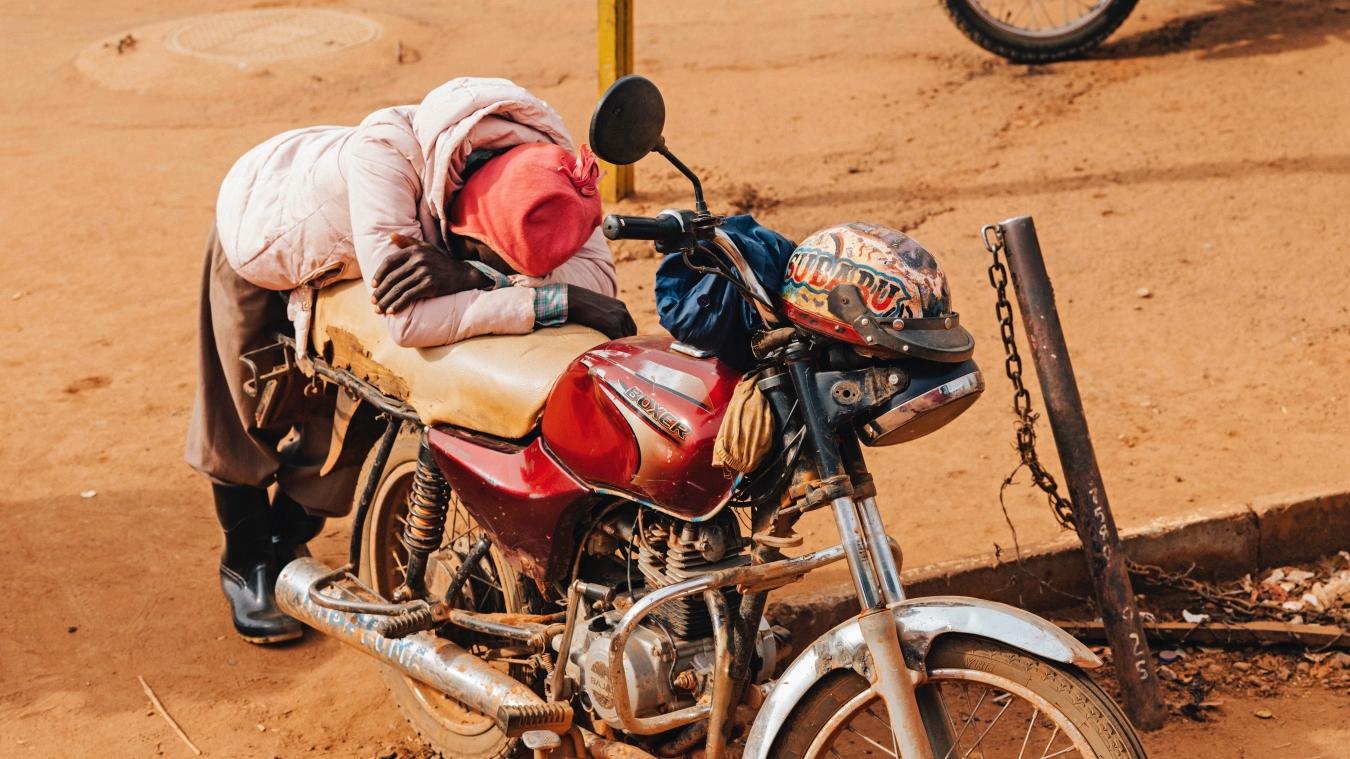COVID-19 has been portrayed internationally as a disease more dangerous than Ebola. In Uganda this has created fear among various communities, specifically in the north of the country, where the memory of Ebola remains present. A consequence of the outbreak is reported xenophobia and rumours the epidemic is spread by the rich. Robin Oryem reports from experience on the ground and the role of behavioural change in preventing the disease’s spread.
The COVID-19 pandemic is putting a severe strain on health systems worldwide, rapidly increasing demand on facilities and health care workers. In Uganda, the government’s response has included a total ban on people’s movement from one district to another, an aggressive enforcement of curfew, mandatory quarantines, a border lockdown and mass public information campaigns. These campaigns encourage community members to report any person believed to have travelled from outside of the country.
These responses have been enforced by the security organs which include the military (Uganda People’s Defence Force), the Uganda Police Force and Local Defence Units. These are all groups alleged to be involved in human rights violations, including recent beatings of people said to have broken the rules. A number of patients suffering from other non-communicable diseases have been denied access to the health care services they need, because no one is allowed to travel.
For Uganda, which has neither a strong health system nor a strong economy, the most effective way to fight a pandemic will come from people’s cultural response. This may involve physical distancing or, as seen in the case of Ebola, adapting rituals when burying the dead. But a cultural response can take other forms, too, based on rumours and misinformation.
COVID-19 spread by the ‘rich’
COVID-19 has been portrayed internationally as a disease more dangerous than Ebola and other pandemics. This has served to create fear among various communities in Uganda, specifically in the north of the country where the memory of Ebola remains present, directed towards particular people thought most likely to carry the virus: those who travel.
In particular, the accused are foreigners, said to have imported the virus from abroad, or community members known for travelling around or outside the country, bringing the virus to the local community. This response has promoted racism, xenophobia and discrimination, with people denied access to public goods and services like water and trade, and being able to socialise in the community. Some people have even been threatened.
After the first case in Uganda was confirmed, I needed to pick up my passport from the UK Immigration and Visa Office, which is located in the capital city, Kampala, 360km from where I live. On returning from the journey none of my community members wanted to associate with me, saying that I had the virus. Some people projected stigma, using words like ‘Wun lulonyo aye ibikeli wa two’, meaning: ‘It’s you rich people who are going to bring for us the disease, don’t come near me’. Another person said: ‘I heard that you are from Kampala; don’t give me your disease!’
Near my place of residence, the local community refused to buy goods from the shop of a man who was believed to have returned from Dubai. My neighbour stopped me and said, ‘don’t buy anything from that man, he will infect you with his corona.’ I asked a young man to buy me sugar from the shop, but he replied, ‘my mum stopped me from going to that shop because he will infect me.’
There are countless similar stories. A local radio presenter for a station in Lira district flew back from London and was forced by community members to test for a positive COVID-19 infection, though the results came back negative. Elsewhere, a man presumed to have the coronavirus told me ‘[people] wants to kill us yet, I don’t even have a passport.’
People living in Uganda of Asian descent have likewise faced community rejection. In late March three Chinese nationals escaped from imposed quarantine and were arrested by locals when they attempted to flee into the Democratic Republic of Congo. Later two of the group tested positive. The incident has fuelled mistrust based on nationality.
Stigma during the Ebola outbreak
These attitudes from local people greatly differ from the period of the Ebola outbreak in 2000. The situation on the ground was likewise very different.
In the first weeks of the Ebola outbreak, nobody knew much about the new disease. Most people preferred to see a witch doctor than seek more formal medical advice. At the time I stayed near a witch doctor’s home and saw people coming to visit in large numbers (around 20 patients per day). A few weeks later the witch doctor died.
When the now well-known Dr Lukwiya alerted the authorities that the outbreak was Ebola, people quickly adopted behavioural changes, as directed by the World Health Organisation. The message was clear: don’t get into contact with an infected person. Unlike today, there was an absence of community stigma, in part due to people’s beliefs about the origins of the disease. It was considered its spread was a government plan to kill the local population, because infected soldiers were transported by the government from the Democratic Republic of Congo to the northern Ugandan town of Gulu, soldiers thought belonging to the army of rebel leader Joseph Kony, a fellow Acholi from their region. People were wary of the government, and not wealthy foreigners.
A disease caused by evil spirits
Many Acholi people believe COVID-19 is a disease caused by evil spirits, leading to multiple instances of ‘ryemo gemo’ in the northern Ugandan districts. In the Luo belief-system ryemo gemo is where the community bangs together objects that make a loud noise (jerrycans, pots, pans and doors) to chase away evil spirits believed to cause or be responsible for a disease outbreak. Heard by all those making the noise and across the community, ryemo gemo ensures the community does not take the outbreak lightly, emphasising the situation’s severity.
The process contributes to a distinct atmosphere. It can encourage quick and widespread behaviour change of the kind needed to fight a pandemic like COVID-19. With no cure or vaccine or a well-functioning healthcare system, such change is what is needed for a country like Uganda: practising physical distancing, washing hands and staying at home can prevent its spread.
Let us fight this virus together by heeding to this advice. We can do so without xenophobia, racism or tribalism. From two metres apart, we can still extend each other kindness.






Your ending comment is spot on! Love and unity are needed to fight this virus!